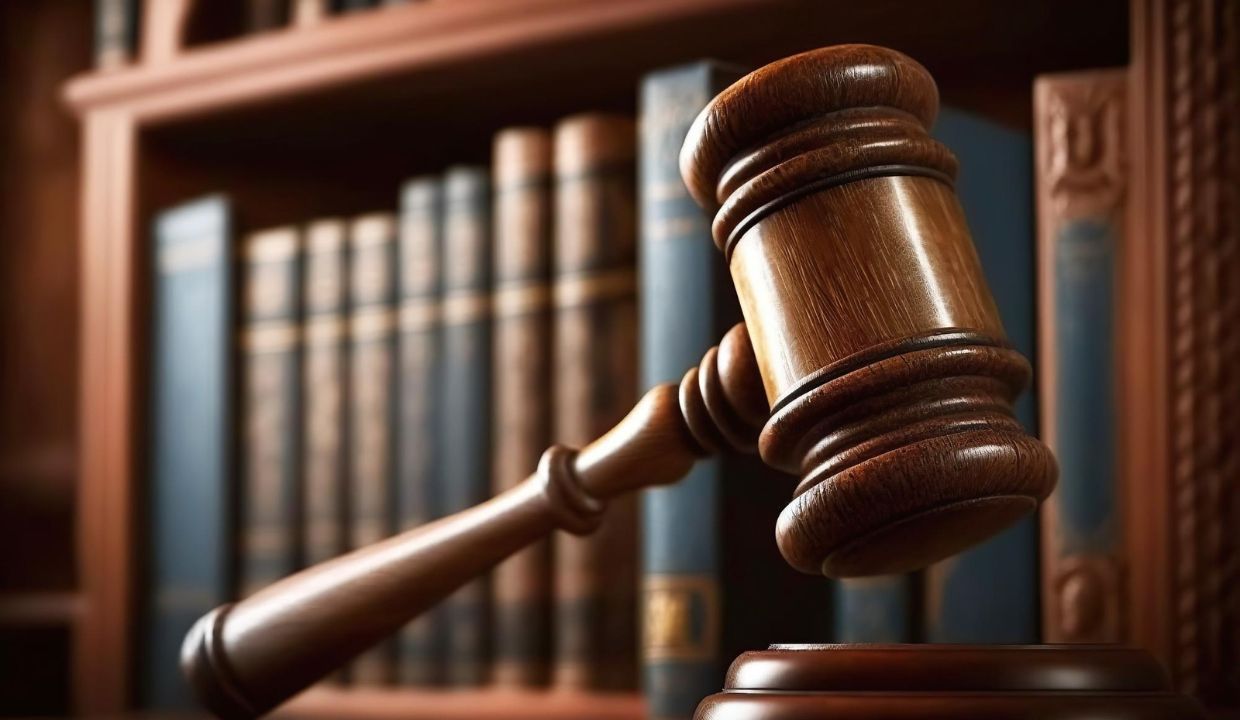Locating the Correct Attorney: What Exactly You Must Understand to Understand

Finding the suitable lawyer can be an daunting task, especially when faced with a legal problem that can significantly impact your life. Whether you're dealing with a personal injury, handling any family law issue, or starting your business, understanding how to pick the right legal representation becomes crucial. This article will guide you through important legal tips, outline what you can anticipate during your first consultation, and help you determine the time it's the right time to hire a attorney.
In addition, we will cover common legal mistakes people make, delve into particular practice areas such as personal injury law, family law, and estate planning, and explain intricate legal processes in easy terms. With useful advice and insights from legal professionals, you will feel enabled to take control of your legal matters and take informed decisions that meet your needs.
Critical Legal Guidelines
When navigating the lawful landscape, it is vital to comprehend your legal rights and obligations. One of the primary pieces of advice individuals should understand is to never sign any legal document without thoroughly grasping its effects. Contracts, releases, and renunciations can have provisions that curtail your privileges, so it's crucial to read carefully and seek explanation if necessary. thecompletelawyer.com can ward off you from making uninformed decisions that could have long-term effects.

Another key point is to record every aspect related to your legal issue or legal concern. From keeping a record of discussions to keeping copies of communications, documenting happenings can provide crucial evidence should you need to make a claim or defend your stance later on. Additionally, timelines of events can assist you recollect details precisely if your recall is put to the test in the courtroom or during settlements.
Lastly, always contemplate hiring an attorney at the start in the process. Many judicial matters can be resolved more effectively if tackled promptly. Whether you are confronting with a private injury, family law issue, or business law issue, an attorney can provide advice and strategies tailored to your specific circumstances. When you comprehend when and why to hire an attorney, you can avoid frequent pitfalls and ensure that your legal rights are defended throughout the legal process.
Choosing the Right Attorney
Choosing the appropriate lawyer is vital for managing your legal problems effectively. Start by recognizing the type of legal issue you’re dealing with and look for an attorney who focuses in that area. Regardless of whether it is tort law, family law, criminal defense, or business law, having a lawyer with specific expertise can greatly improve your odds of a successful outcome. Explore potential attorneys through online reviews, referrals, and professional associations to create a shortlist of candidates.
Once you have identified potential lawyers, schedule meetings to review your case and evaluate their communication style and method. During these meetings, ask about their background, track record, and strategies for managing cases like yours. Be mindful of how relaxed you are discussing your case with them, as a positive attorney-client relationship is critical for effective representation.
In conclusion, take into account practicality in your decision-making. Elements such as the lawyer’s office location, costs, and schedule can significantly impact your situation. Ensure that their billing structure aligns with your financial situation and that you fully grasp what services are provided. By investing effort to select the best lawyer based on expertise, personal rapport, and practical considerations, you can establish the basis for successful legal support.
Comprehending One's Legal Entitlements
Recognizing one's lawful rights is vital for navigating different situations in life, ranging from employment issues to criminal charges. Grasping these rights enables you to make knowledgeable decisions and pursue suitable legal help when necessary. For example, during a police stop, it's essential to know your rights, such as the right to remain silent and the right to lawyer representation. Acquainting yourself with these rights can help safeguard you against possible abuses.
In the workplace, knowing one's rights as an employee can protect you from infringements related to discrimination, harassment, and unfair treatment. Employers are bound to follow labor laws that protect employee rights, such as pay floor and extra pay. When you are conscious of your rights regarding wages, working conditions, and job security, you are better equipped to address any issues with your employer or pursue legal action if necessary.
Landlord and renter relationships also come with specific rights and responsibilities. Tenants have the right to a secure and livable living environment and must be notified of lease terms. Conversely, landlords have rights regarding the eviction process and property access. Knowing these rights on either sides can prevent disputes and encourage a more cordial landlord-tenant relationship, ensuring that both parties understand their obligations under the law.
